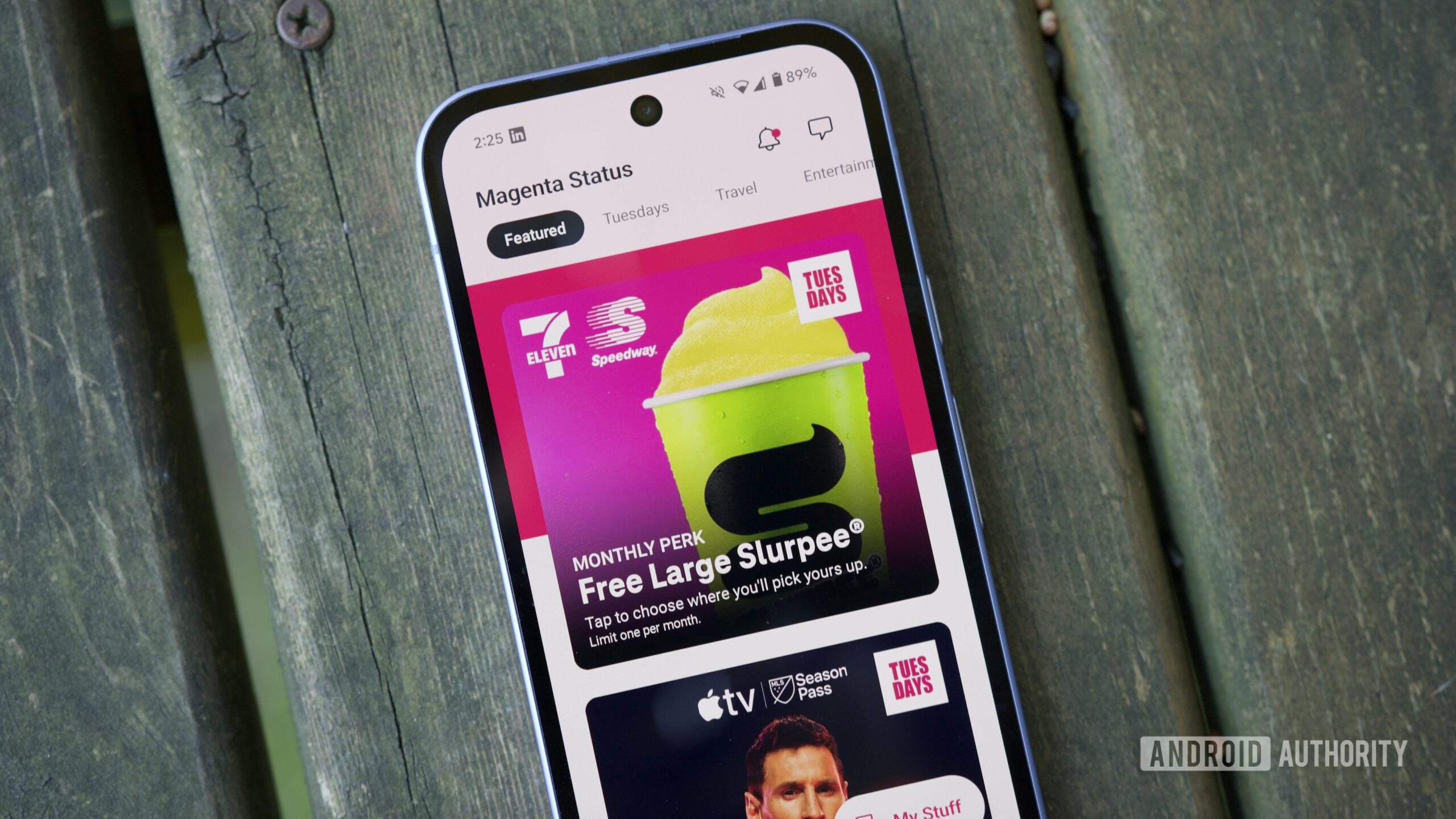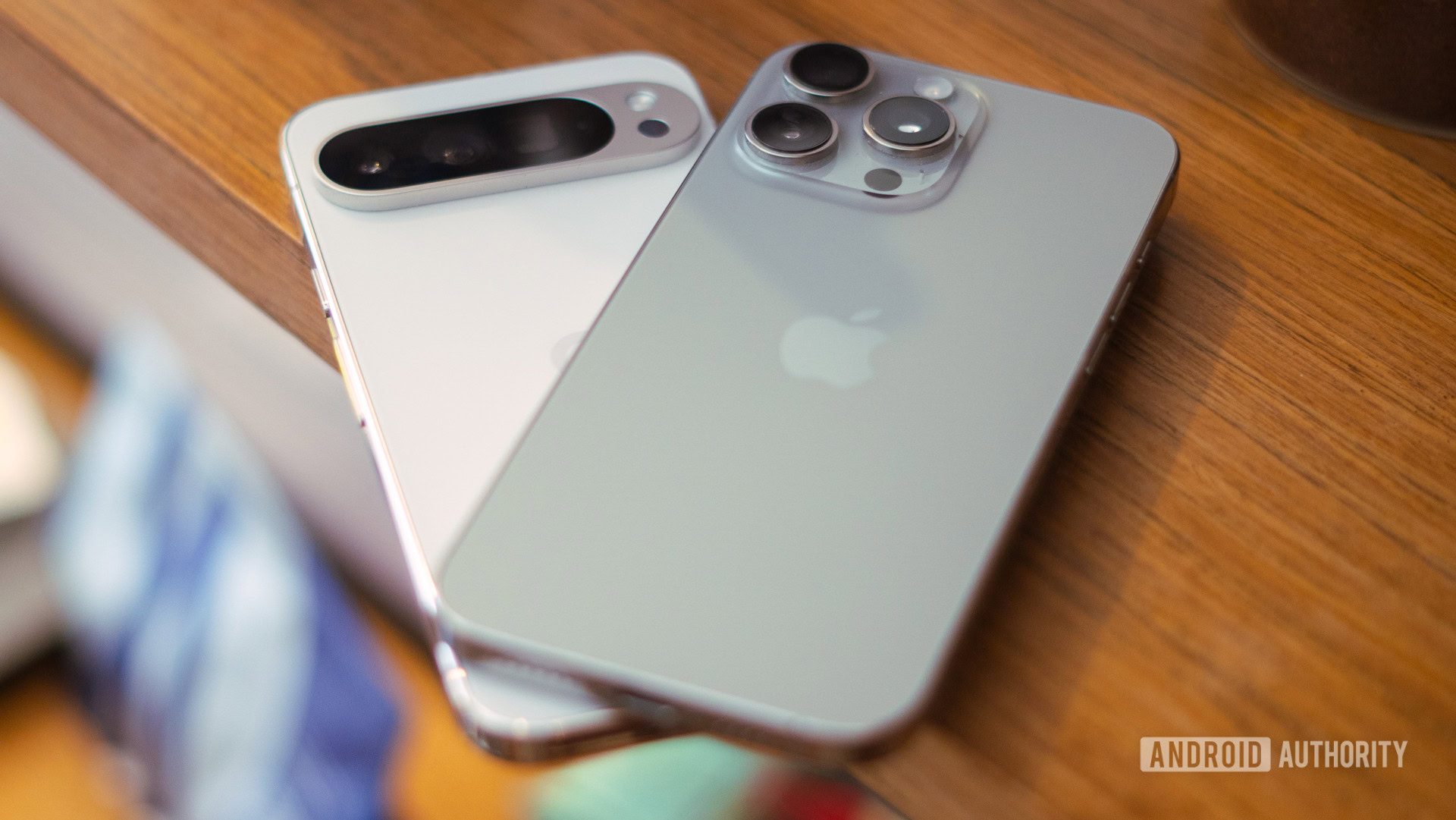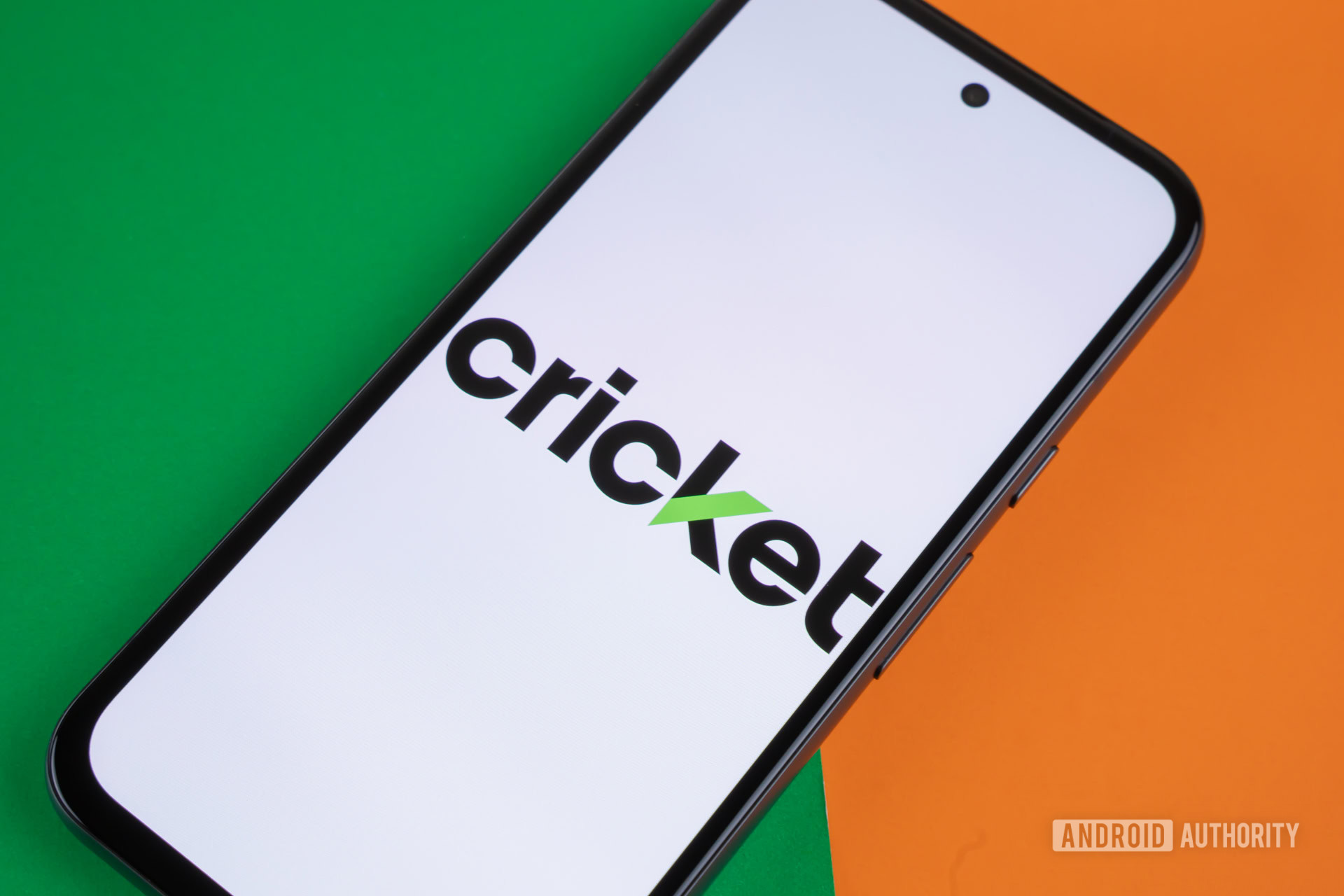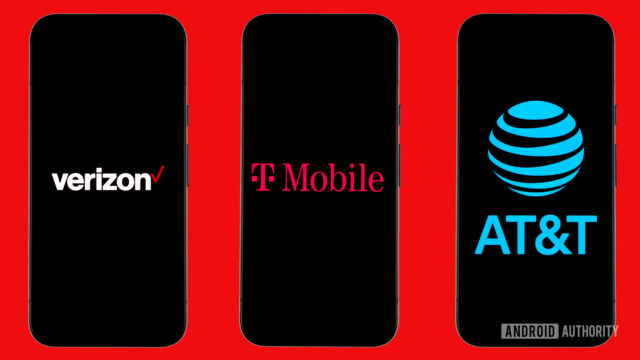Edgar Cervantes / Android Authority
Although the three main carriers have significantly increased costs over the past few years, until recently, they still stood out from prepaid services in several major ways. As I pointed out in another recent feature, that’s less true in 2025. Not only have perks and extras worsened, but recent moves have also undermined one of the biggest advantages postpaid carriers previously held: the presence of physical stores.
Personally, I’ve been shopping without in-store support for decades, but that’s because I’m a nerd and have always found it easier to handle things on my own. For an elderly grandparent or someone who just isn’t into tech or research? In-store support can be an excellent way to learn about new devices and plans, or to receive in-person troubleshooting, or at least it used to be.
According to the J.D. Power 2025 US Wireless Customer Care Service Survey, overall customer care satisfaction across all US carriers has fallen for the first time in two years. The areas seeing the steepest declines were website experience and in-store experience, dropping by 10 and 8 points, respectively. Keep in mind that this survey also factors in several prepaid brands, but the majority of in-store experiences still come from the Big Three carriers.
It doesn’t take much digging to find regular complaints from actual Verizon, T-Mobile, and AT&T customers in online communities, which I’ll cite a few times throughout this article. So, what exactly has led to this customer service decline, especially in-store? Honestly, there are several factors broadly affecting all three major carriers.
Employee cuts across all three networks
As costs have increased, all three carriers have implemented aggressive employee cuts, impacting both call centers and in-store staffing. Here are some of the most significant cuts from the past few years:
- AT&T eliminated 9,500 jobs in 2024 alone. Many of these cuts specifically targeted customer service roles, resulting in a much leaner staff of approximately 141,000 employees in 2025. For perspective, in 2018, the company had around 230,000 employees.
- Verizon announced plans to cut 4,800 jobs in 2024. Verizon now employs fewer than 100,000 people in total, marking a drop of about 20,000 employees over the past three years.
- T-Mobile laid off roughly 600 employees in 2023. Most of the employees were management, which still affects operational efficiency. Although T-Mobile hasn’t seen layoffs as substantial as the other two carriers in recent years, it started out leaner to begin with. Since 2020, T-Mobile has cut about 5,000 jobs in total.
Changes to in-store experiences and internal systems

Joe Maring / Android Authority
With fewer employees, all carriers have turned to restructuring operations using new tools and cost-saving optimizations. Often, these changes result in a considerably weaker in-store experience. Let’s examine the key changes each carrier has introduced to internal systems and the in-store experience over the past year or so.
Verizon has introduced a new Personal Shopper tool
In addition to closing its two-story flagship store in Chicago, Verizon has been making several subtle yet impactful changes affecting in-person customer service. Though widespread store closures or drastic in-store changes haven’t yet happened broadly, this is gradually shifting due to Verizon’s introduction of the new AI-driven Personal Shopper tool in 2024.
On paper, this tool seems innocent enough — offering suggestions for add-ons and services based on customer profiles, trends, and usage data. However, numerous Reddit reports indicate customers frequently find that Personal Shopper automatically adds these recommendations to their account. If customers aren’t vigilant and manually remove the suggestions, they may inadvertently pay for extras they didn’t explicitly request.
This issue isn’t limited to customers directly; whenever a customer service representative accesses your account, the Personal Shopper tool also activates, making it easy for even honest agents to accidentally add unwanted services. In cases involving unethical agents, these extras might be left intentionally.
T-Mobile has repositioned T Life as its in-store tool
Last year, T-Mobile introduced the T-Life app, consolidating multiple apps and services into one streamlined interface. This app allows customers to add plans, purchase devices, and perform actions without needing direct customer service intervention. Gradually, the app’s role has expanded significantly, to the point where in 2025, you cannot add a phone, plan, or accessory without using T-Life.
Today, obtaining in-store help from T-Mobile typically requires handing your personal device to the representative, complete with the T-Life app already installed. Store tablets are permitted only under specific circumstances, such as transactions involving cash payments or customers without a functional smartphone. Even customers initially lacking the app are instructed to download T-Life before a representative can properly assist them.
AT&T announced plans to cut 250-320 company-owned stores back in 2020
Thankfully, AT&T hasn’t aggressively implemented AI tools or similar app-centric in-store initiatives (yet). However, AT&T has steadily reduced store staffing, as previously noted. Additionally, they’ve closed more locations than their rivals, fulfilling a 2020 announcement to shutter 250 to 320 company-owned stores.
While AT&T hasn’t made internal system changes affecting customer interactions as significantly as Verizon or T-Mobile, this doesn’t mean similar shifts aren’t imminent.
Strict employee targets are starting to impact customers negatively

Dhruv Bhutani / Android Authority
Beyond employee reductions and new digital tools, the nature of commissioned sales has become increasingly aggressive, driven by ever-stricter corporate sales targets.
Even when Verizon, AT&T, or T-Mobile representatives genuinely want to assist customers, they’re pressured to employ high-pressure sales tactics such as pushing the most expensive phones, plans, and accessories — even to an 80-year-old grandmother with minimal needs.
Numerous Reddit threads and online community discussions have highlighted how restrictive these sales policies can be, particularly at T-Mobile stores. For instance, third-party store employees technically can accommodate a customer’s request to switch to a Go5G plan rather than the newer Experience plans, but they won’t receive commissions. Likewise, using in-store tablets instead of customer devices for interactions can result in serious repercussions for employees.
Aggressive sales goals also incentivize employees to neglect or inadequately assist customers unlikely to make substantial purchases. For example, last year, Reddit user Prize_Instance-1416 described how Verizon representatives refused to sell him an iPhone 15 Max outright, instead insisting he sign up for a new line to receive a “free” iPhone 14.
Transparency issues are also prevalent, as sales representatives feel intense pressure to meet demanding upsell goals. An extended family member of mine experienced this firsthand at T-Mobile, where a representative manipulated pricing figures, implying only a slight increase of $5–$10 monthly, but the actual bill later increased by $80–$100. The discrepancy arose from new fees and taxes excluded from initial quotes, alongside charges applied to previously free lines. Although technically accurate about base prices, the representative failed to clearly communicate the added costs and fees.
If you prefer in-person help, what are your options?

Edgar Cervantes / Android Authority
If you genuinely prefer in-person help, several alternatives exist to visiting big carrier retail stores:
- For plan-related help, utilize your carrier’s online and phone support options. Many carriers also have agents accessible via Reddit for sharing quick photos or other details to expedite support.
- iPhone user? Apple fans often receive better customer support directly from Apple Stores, especially regarding device-specific issues.
- Consider third-party service locations for phone-related setups or troubleshooting. Though you’ll pay for assistance here, these outlets come with their own potential drawbacks, including similarly aggressive sales tactics.
- Explore prepaid carrier options like Cricket, Metro by T-Mobile, or Total Wireless, all of which provide varying levels of in-store support.
Generally, you’re better off avoiding the Big Three carrier stores. Do as much research and purchasing independently to sidestep shady sales tactics or accidental billing issues. If an in-store visit is unavoidable:
- Always double-check terms and ask clarifying questions about taxes, fees, and unexpected add-ons.
- Have a specific plan, phone, and features in mind to resist unnecessary upgrades.
- After visiting a store, promptly verify your account details in your carrier’s app and carefully review your next bill for accuracy.








